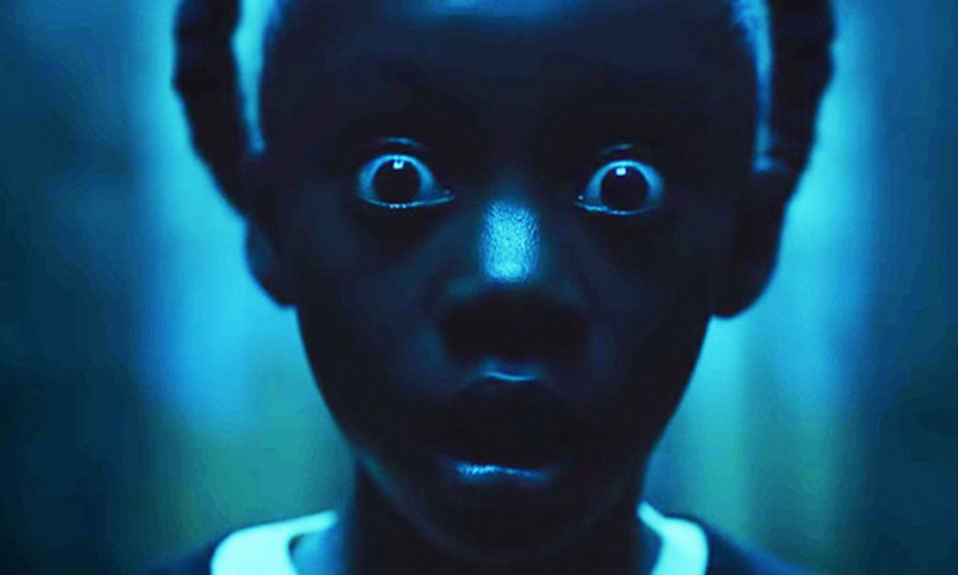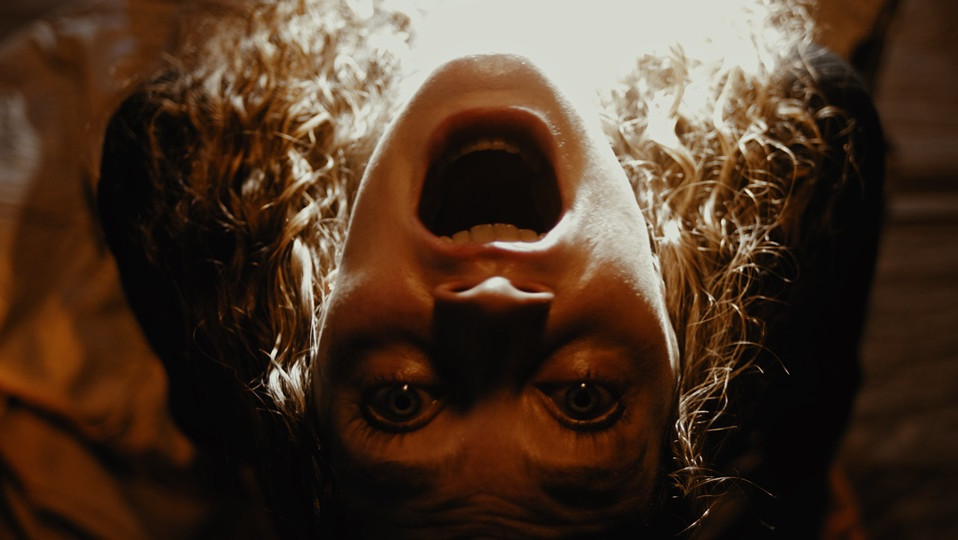Whether it’s the classics such as The Shining or The Excorcist or more recent horror films such as Us and The Invisible Man, they all have a pull and push effect on us. There are moments we look away from the screen with fear and disgust but seconds later, we’re drawn to the picture with excitement and joy. Yep, there’s definitely a love/hate relationship between the audience and horror. It should come as no surprise then that this so intriguing situation was researched by Front Psychol, the peer-reviewed open-access academic journal that focusses on Psychology. According to their “(Why) Do You Like Scary Movies? A Review of the Empirical Research on Psychological Responses to Horror Films” there are many factors that have an impact on our brain while watching a horror movie which can explain our love for horror.
The psychological element
There are many different descriptions of ‘horror’ but they all agree on the same: it’s a genre that makes people shiver and shudder and that it’s both frightening and fascinating at the same time. According to the study from Front Psychol, horror is also the only fiction genre that’s specifically created to inflict fear consistently. If that’s done excellently then this has the right impact on our brains. It makes us want to look away, closing our eyes, stopping with breathing for a moment or screaming your lungs out. Alongside those elements, there’s also the increasing amount of (temporary) anxiety, disgust, and fear.
That anxiety and fear is the most common reaction to horror but according to some studies, such as the one from Ballon and Leszcz (“Horror films: tales to master terror or shapers of trauma?”) and Bozzuto (“Cinematic neurosis following “The Exorcist”. Report of four cases.”), exposure to horror films can also lead to an increase of stress and distress. These can come in the forms of insomnia, excitability, hyperactivity, irritability, disturbed sleep, and decreased appetite. However, luckily for us, those symptoms don’t last very long. In their study, Front Psychol mentioned that the panic and fear that was evoked by the horror have no significant long-term consequences on the mental and physical state of the audience.
The screeching sound
The feelings of fear and anxiety aren’t only created by the stunning visual or intriguing dialogue but also (and mostly) because of the sound and audio. The musical score is always from vital importance but for a horror movie that significance increase immensely. Normally we wouldn’t jump out of our seat when hearing an owl, a cat, or a phone ringing but when these happenings occur in a horror movie, they have a completely different impact. They’re specially designed to create fear and suspense. According to Front Psychol, nothing can beat the so-called “jump scare. A loud bang after a long moment of silence seems to be able to do the trick as “jump scare” is the most used and successful sound effect in a horror movie. Yes, think about a strange figure pop-up out of nowhere or a sudden reflection in the mirror that shouldn’t be there.
When it comes to audio in a horror movie, the music and soundtrack are equally as important as the sound effect you hear. We all know that music has an undeniable emotional impact on the viewer. In a horror movie, the sound is designed to be troublesome, to create tension, and to raise a vibe of negativity on the screen. This increases the level of fear and unpleasantness even more.
Why do we like horror so much?
Suspense and resolution of suspense are the two main components of horror and those are the ones the audience reacts to the most. When it comes to suspense, this mostly means the build-up of tensions, the increasing level of threat, or reaching a potential climax. It’s also exactly that suspense that makes from the horror such a lovable genre as the feeling of suspense is something we undeniably enjoy. No matter how gruesome the images are. According to Front Psychol, enjoyment must come from a ‘degree of negative effect built up during exposure to the horror film and from the positive effect/reaction that results from the resolution of the threat’.
What’s next for horror movies?
Well, pretty sure that horror films aren’t going anywhere any time soon and that’s not so bad at all. Hopefully, we will be able to enjoy upcoming movies such as A Quiet Place Part II, Last Night in Soho and Candyman and if in the meantime, you want your fix of horror films, then Shudder will do the trick beautifully (or should we say ‘horrifically’).
Also Read: The Greatest Horror Villain of Each Decade













1 Comment
Comments are closed.